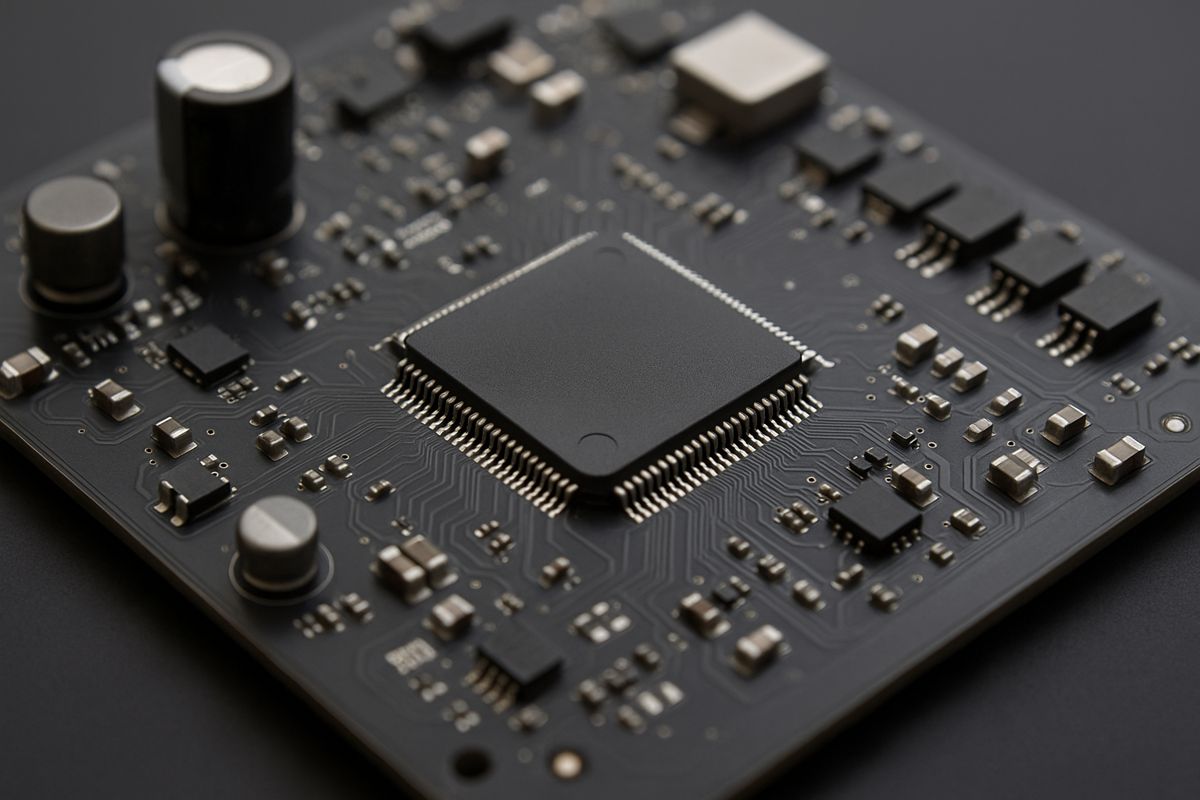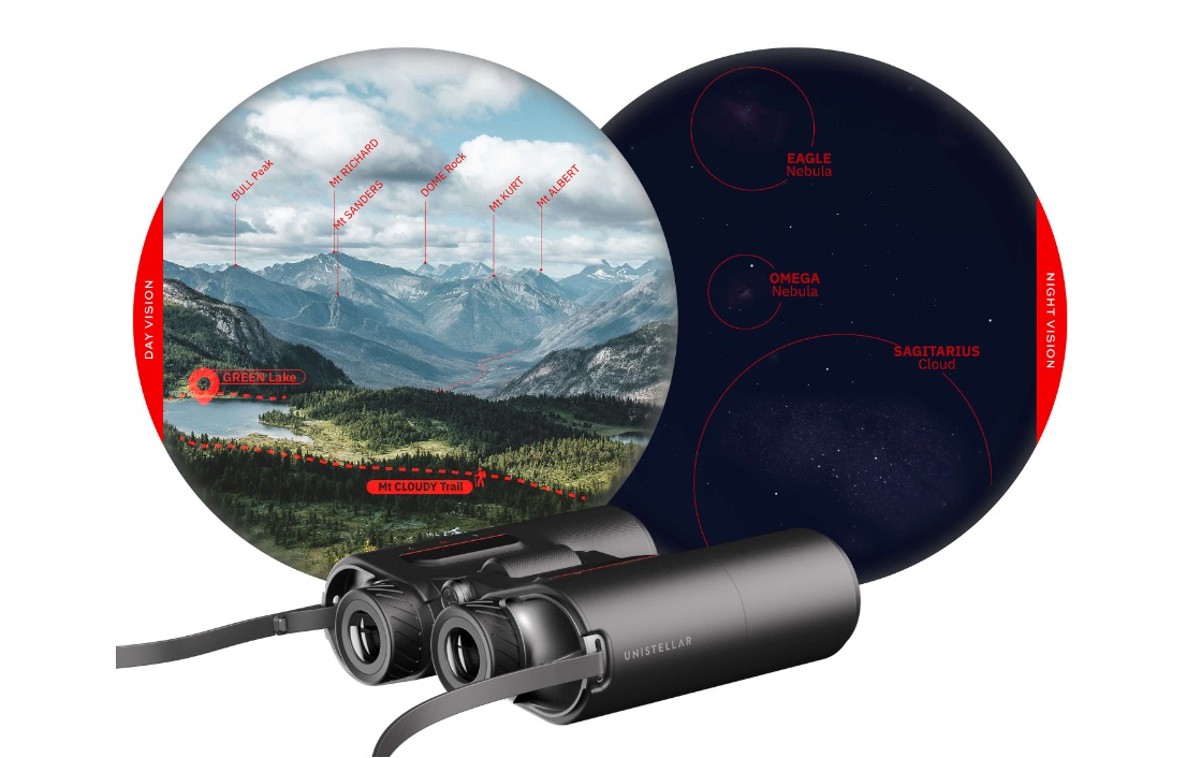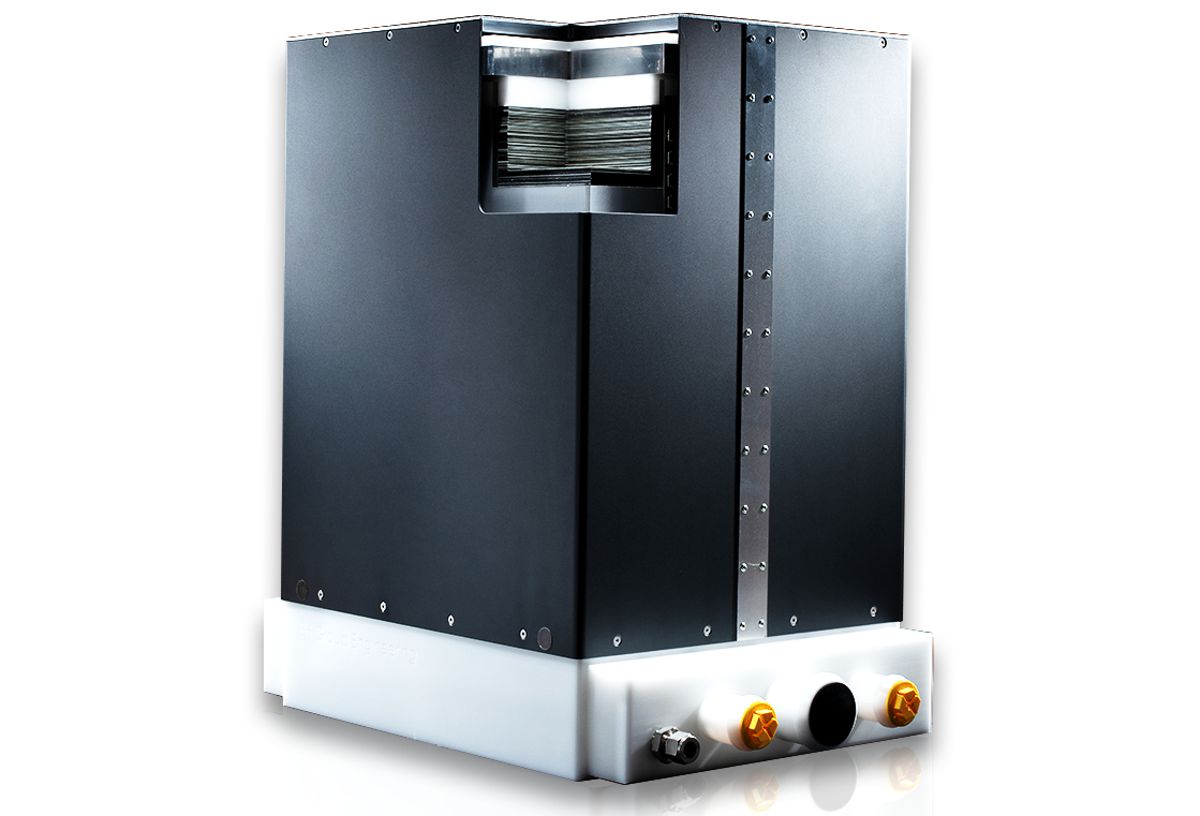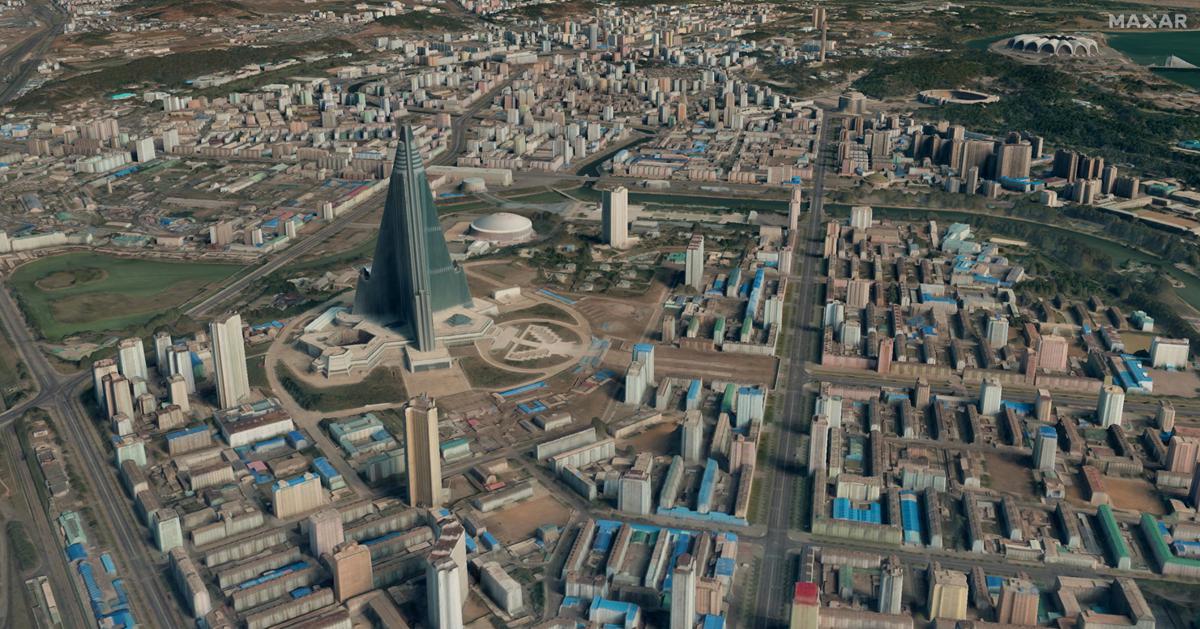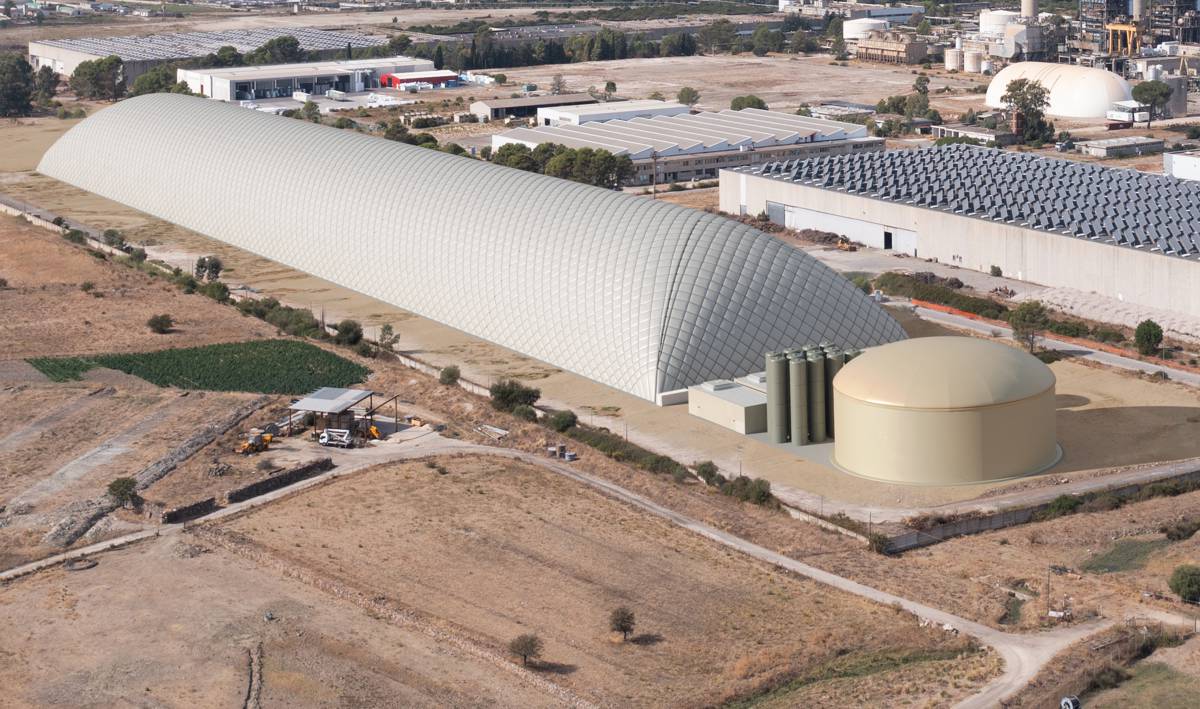ZÜBLIN conducting research on moss that can swallow up fine particulate matter
European cities regularly exceed the established limits for fine particulate matter (PM). Congestion charges, speed limits or bans on diesel vehicles, as now is the case in Germany, are often imposed to remedy the situation. STRABAG subsidiary ZÜBLIN is currently researching an alternative solution: moss-covered walls to “swallow up” particle pollution.
Mosses have a large leaf surface to bind and degrade fine particulate matter, and they are very resistant. To best exploit the potential of moss walls, ZÜBLIN, Helix Pflanzen GmbH and DITF-German Institutes of Textile and Fiber Research Denkendorf have joined forces in the MoosTex research project.
“Within our group of companies, we work on over 100 development projects a year. Part of our research is to use modern materials to find solutions to current problems like fine particulate matter pollution,” explains Thomas Birtel, CEO of STRABAG SE.
Tests under real environmental conditions
Development works began in April 2017. Since November 2017, ten PM-degrading moss walls are now being tested under real environmental conditions at different locations: along the B 27 in Ludwigsburg, on the grounds of ADAC Württemberg at Neckartor in Stuttgart, and on the premises of Helix and DITF. The goal is to develop a modular moss-covered wall system capable of binding particulate matter and of being deployed flexibly and economically in urban spaces with high traffic volumes. The moss walls not only reduce the particle pollution in the air, but also help reduce noise. To ensure the optimal functionality of the mosses, the project is experimenting with different moss species and watering systems under different environmental conditions. Investigations to verify the PM-binding qualities of the mosses also form part of the project.
The Federal Ministry for Economic Affairs and Energy is financing MoosTex under its funding programme for small and medium-sized enterprises (ZIM-Zentrales Innovationsprogramm Mittelstand). The project will run until the beginning of 2020.






















